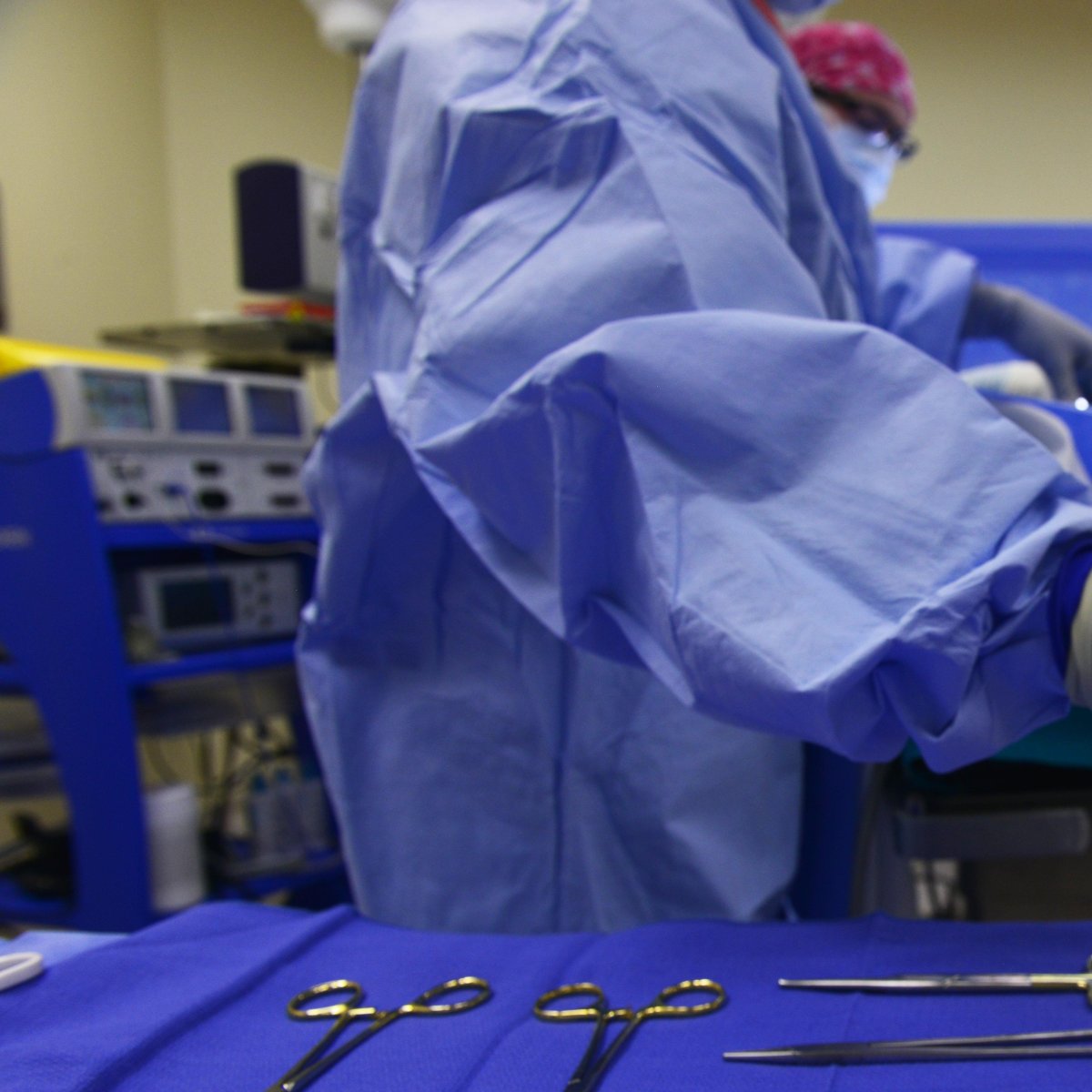
April 15 (UPI) – Nerve stimulation treatments are effective in reducing pain in patients recovering from orthopedic surgery and limiting the need for potentially addictive opioid drugs, according to a study published Thursday in the journal Anesthesiology.
The data show that a treatment called percutaneous peripheral nerve stimulation reduced patients ’postoperative pain scores after routine procedures.
The treatment provides small amounts of electricity to the surgically affected nerves and interrupts the transmission of pain signals to the brain, the researchers said.
In addition, the use of opioid-based pain medications in patients decreased by 80% during the first week after treatments, according to the researchers, who described the findings as “impressive.”
The benefits of postoperative nerve stimulation were “much greater than we had anticipated,” researchers at the University of California-San Diego wrote.
The results “stand alone and indicate that percutaneous peripheral nerve stimulation is highly effective for acute pain,” they said.
The reduction in the need for opioid-based pain medications after surgical procedures has become a point of emphasis in recent years because of the risk that patients may become addicted to drugs.
Prescription opiate-based pain medications have helped fuel an “epidemic” of abuse and misuse of these drugs, which have intoxicating effects similar to illegal drugs such as “heroin,” according to the National Institute on Drug Abuse.
For this study, researchers enrolled 65 adults who underwent joint outpatient surgery, such as removing the bunion from the foot and repairing the fist of the shoulder rotator.
All study participants had electrical wires located near the nerve or nerves that serve the surgical joints, and half of them received active electrical stimulation adjusted to achieve the desired sensory change that is sometimes described as a ” nice massage, ”the researchers said.
The rest of the participants received inactive treatment, with a pulse generator that appeared to work normally but did not provide electricity, according to the researchers.
After one week, participants who received active percutaneous peripheral nerve stimulation showed significantly lower pain scores, with mean scores on a scale of zero to 10 of approximately 1, compared with just over 3 in the simulated treatment group, showed the data.
Participants in the active treatment group used, on average, approximately 5 milligrams of opioid analgesics during the first week after surgery, or about one-tenth of the amount used by those in the simulated treatment group. say the researchers.
“Percutaneous stimulation of the peripheral nerve is likely to demonstrate optimal treatment after painful surgical procedures,” they wrote.